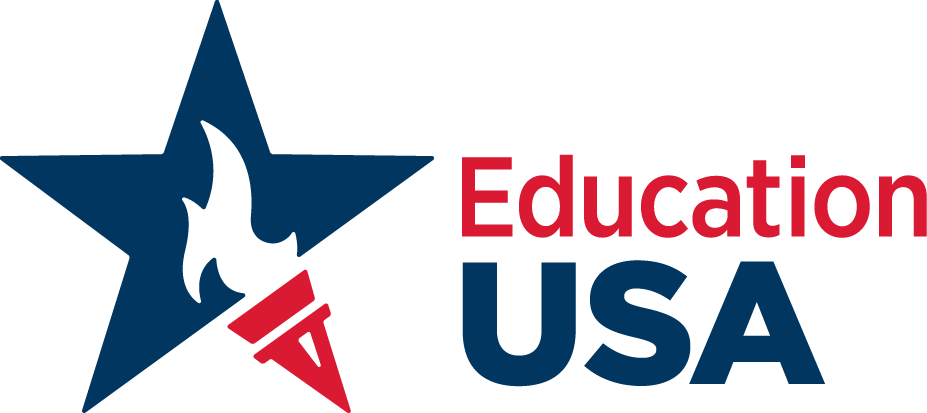Balancing Studies with a Part-Time Job
Liesl Greider | Spring 2020 EducationUSA Intern
Time at college is consumed by homework, extracurriculars, social activities, and — for many students — jobs. According to the National Center for Education Statistics, 43% of full-time college students are also employed, mostly in part-time, on-campus jobs. Juggling a part-time job with a full-time education can be difficult, but it is also extremely rewarding. It has helped me during my college career by teaching me time management, assisting me financially, and giving me invaluable work experience that will prove helpful for life after college.
I had no intention of getting a job during my college years. During my first year of college, I filled up my schedule with clubs and extra classes. I thought I wouldn’t have the time for a job, and did not think I would be a competitive enough candidate to land a position. However, this quickly changed during the last few weeks of my freshman year. A friend of mine told me that she wanted to recommend me for a job at the Center for Learning and Teaching, which provides accessible education services to students at Roanoke College. Landing a part-time job can be a bit difficult, but with the right connections and lots of motivation it is absolutely possible. Getting my job at the Center for Learning and Teaching was a result of me knowing someone who worked there who put in a good word for me. Having connections like this can prove very helpful, as a future employer relies heavily on previous recommendations to feel confident they have found the right person for the job. For new students or those without these connections, it’s a good idea to talk to people you might know who have a job similar to what you are trying to get. You can learn a lot by asking this person what the specific application process looks like, what a typical day on the job is, and what to expect from the supervisor.
One of the biggest benefits of holding a part-time job during college is the lesson of time management. Juggling courses, homework, extracurricular activities, and a social life with several hours per week of a part-time job can be done … it simply needs to be done in an organized way! I suggest keeping some sort of planner, agenda, or calendar that you can clearly follow for each day’s schedule. Keeping this sort of organizational system helped me to keep sane despite my fluid work schedule that would change from week to week. Time management is especially important when you consider that the types of part-time jobs that are common among college students tend to be jobs with schedules that can change each week. These include off-campus positions like waitressing, working in retail, and babysitting and common on-campus jobs like being a resident advisor (RA), an academic tutor, a tour guide, or an office assistant (which, given strict visa restrictions, are often a better fit for international students). Due to the nature of part-time work, the hours that are available to part-time college employees tend to be those that could not be filled by full-time workers. This makes them perfect for college students who can pick the times that work with their class schedule. For my two college jobs, I found myself going straight from class to work, and straight from work to another class or extracurricular. In keeping busy, I learned to make the most of my free time and to use my leftover time productively. Although managing a constantly-changing schedule can be an added challenge, there are many benefits to these sorts of positions. In fact, many on-campus jobs are referred to as “work-study” jobs, since they are designed to be the type of job where you can work part of the time, but also study part of the time. Not all colleges offer these (and sometimes they are only available to certain students depending on their financial need) but if you are eligible then these are a great way to use your time even more productively: why not get paid for doing your homework?!
Another benefit of having a part-time job during college is perhaps the primary reason many of us consider it — because of finances! College, especially in America, is expensive, and it can put many young and naive students into a huge amount of debt before they ever set foot out into the working world. Working your way through college, even with a part-time or low-paying job, is a great way to alleviate this burden and can help you crack away at that hefty tuition bill. (International students should keep in mind, however, that on-campus employment shouldn’t be relied upon to pay for essentials, like tuition and housing, or to provide proof of funding for visas. Rather, think of an on-campus job as a way to pay for non-essentials, like late-night snacks or spring break trips.) As an undergraduate student at Roanoke College in Virginia, I spend my earnings on gas, food, and other living expenses. I find that when I am earning my own money, I spend it a lot more wisely since I understand how hard it was to earn it. Learning to be savvy with finances early on is crucial, and working through college is a great way to learn how and when to spend money, and how and when to save it as well.
A final benefit of working while studying is the professional experience that an on- or off-campus job can provide: while making my own money doing part-time work, I am able to gain valuable work experience at the same time. I only had experience working in retail prior to college, but through my part-time work in Roanoke College’s academic centers, I have had the opportunity to develop my skills in fields that are closely related to my future career. For example, I love teaching and I can see myself becoming a teacher after college, so working one-on-one with my fellow students to help them with their papers in our Writing Center is not only super fun for me, but it is also teaching me valuable skills.
When approached in this way, part-time work during undergraduate or graduate studies can complement the college experience quite nicely. Classes are of course important to learn and grow in knowledge of your field of study but work experience is ultimately what will set your resume apart from other recent graduates and prove especially valuable for life after college. I encourage you to consider fitting in a job alongside your busy academic schedule. It will pay off — and not just financially!
An intern at the Fulbright Commission in Brussels, Liesl Greider is a junior at Roanoke College majoring in History with a minor in French. The opinions expressed in this article do not reflect the views of the EducationUSA Advising Center or of the U.S. Department of State.


